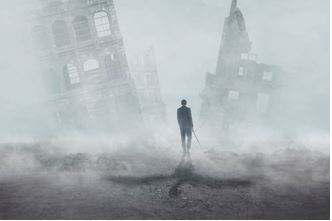Michael Chance, the new Artistic Director at the Grange Festival, was an outstanding singer, and is now proving to be somewhat of an extraordinary artistic director in difficult circumstances. He says “We strive to produce work that is informed, supported, creatively imagined and collaboratively executed”.
Welcome to Opera Spy
Here, I post my reviews and document my love of opera. I hope you enjoy it. Please feel free to comment on any of my posts or contact me if you wish to.
Have a nice stay!
David Buchler








